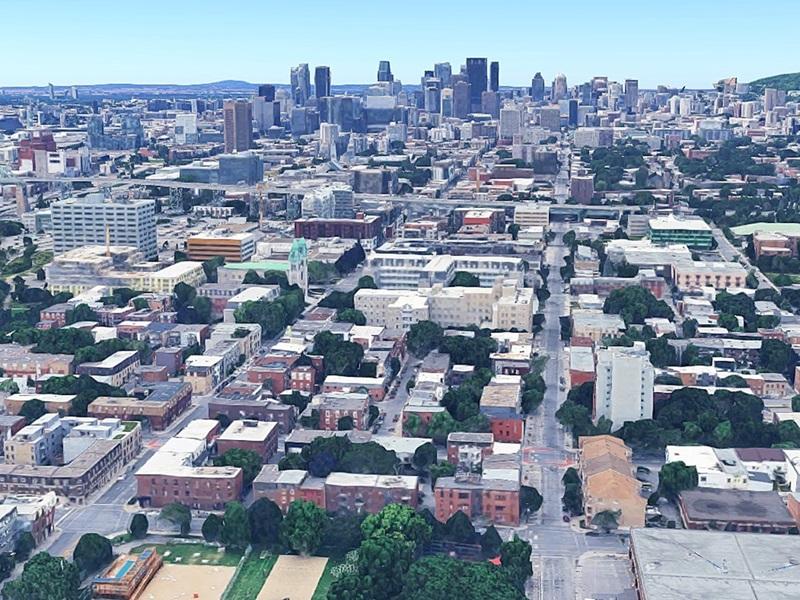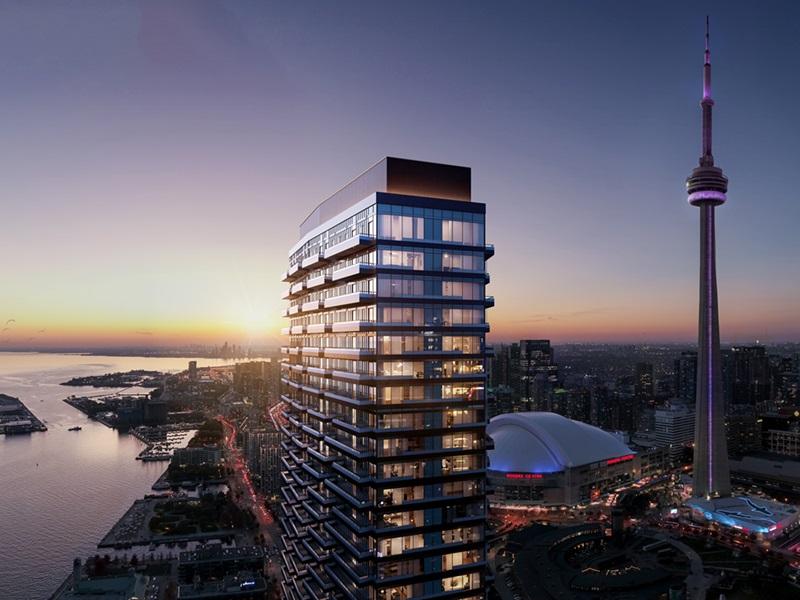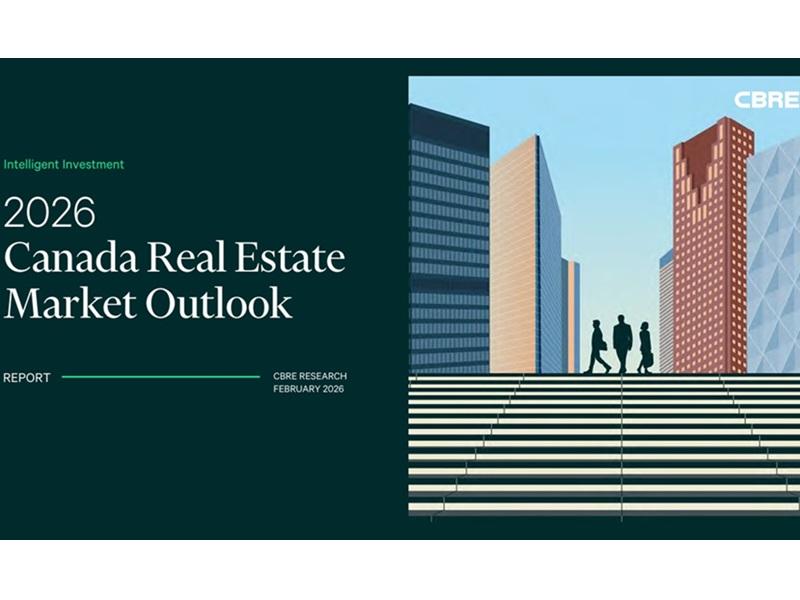
Bay Street in Toronto has retained its standing as Canada’s most expensive place to rent office space, according to JLL’s 2019 rankings. (Google Street View)
Toronto’s Bay Street has retained its position as Canada’s most expensive street for office tenants, according to a report from real estate services firm JLL.
Bay Street topped the list with an average rent of $77.96 per square foot. That represents an 11.1 per cent increase from 2017, according to the report, which is published every two years.
JLL ranked the most expensive streets in each of Canada’s Top-10 office markets.
Ranking second on the list was Vancouver’s Burrard Street. Burrard runs through the heart of Vancouver’s office district to the downtown waterfront and has an average gross rent of $66.25 per square foot. That rate climbed by 7.7 per cent since JLL’s last report in 2017.
Montreal’s Avenue des Canediens-de-Montréal, with gross annual average rent of $55.38, rounded out the top three. That street’s average gross rent climbed by 6.1 per cent.
Although vacancy on the Montreal street was higher than the market average, tenants were willing to pay an 80.6 per cent rent premium over the market average.
Prime downtown corridors
“These are all streets in downtown markets,” said Thomas Forr, director of research at JLL Canada
The average gross rent includes net rent, plus relevant taxes, maintenance and insurance costs paid by the tenant.
He said it is no surprise streets in Toronto, Vancouver and Montreal topped the list.
“If you look at a common theme, it’s all really driven by technology and these are all technology markets,” Forr told RENX. “That also includes Ottawa and Kitchener.”
He said one outlier has been Calgary, which has seen its ranking drop since the oil crash in 2014: “They started moving down the list after being consistently in the two or three spot,” Forr said. “Now they’re in the sixth place, after Ottawa.”
Rounding out JLL’s Top-10 list are:
4) 101 Street in Edmonton: Average gross rent: $48.89 per square foot;
5) Albert Street, Ottawa: $44.85;
6) 8th Avenue SW, Calgary: $41.21;
7) Main Street, Winnipeg: $39.42;
8) Upper Water Street, Halifax: $35.95;
9) King Street West, Downtown Kitchener: $31.56;
10) Laurier Blvd., Québec City: $29.65.
Demand in Toronto, Vancouver outpaces supply
Rents in Toronto and Vancouver have been escalating quickly, Forr said. Toronto has the lowest downtown vacancy rate of any North American city and Vancouver has the second-lowest.
Demand from tenants in those markets continues to outstrip supply.
“Landlords are obviously taking advantage of that and continue to increase rents. We have seen double-digit growth in those markets and even in Montreal, as well and in Ottawa.”
Tenants, especially global tech firms who are new to the markets, want to be in downtown cores near population, transit and amenities, Forr said.
Developers are trying to catch up
There is currently about 4.5 million square feet of new office space being built in downtown Vancouver and about 10 million square feet in Toronto.
That means there could be changes coming to the list, if new office towers shift the balance of power in these cities.
In Vancouver, the next wave of new office tower openings are largely concentrated in and around Georgia Street on the eastern edge of downtown Vancouver and several blocks from what has historically been the city’s financial and business core.
“If (the list) changes, it will be like a block over because a lot of the development is concentrated in a certain area of downtown markets,” Forr said. “But, I would not be surprised if it does change.”
Despite the high average rents, Vancouver and Toronto still represent a good deal for office tenants compared to cities such as San Francisco, New York and Boston, Forr said.
That likely means more demand, and eventually more office towers, are coming.







